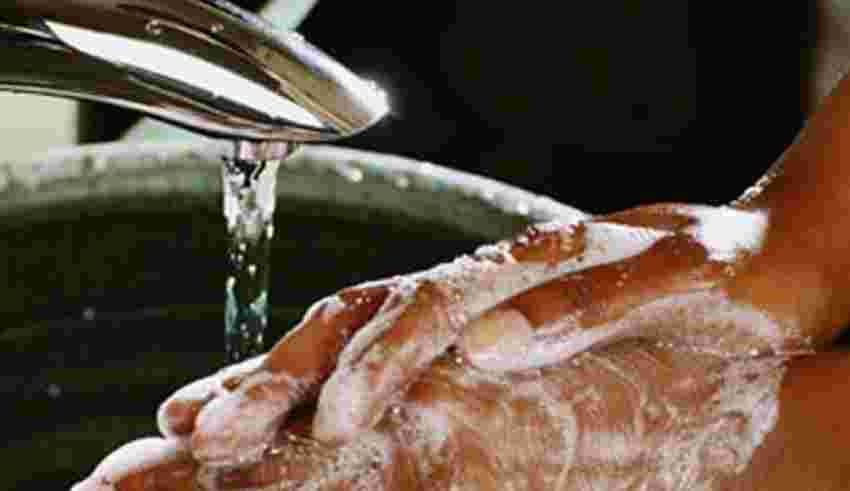
I am at the Ngara market. A few metres ahead there is a middle aged man who is roasting maize. He is dressed in a grey shirt and a black trouser and black shoes. He is sweating as a result of the scorching sun and of the hot coals burning from his improvised jiko.He coughs a bit and does not cover his mouth. He rubs off the sweat out of his forehead with his hands to reach out to an old plastic plate which he is using to light the fire.
A woman wants to buy some maize. The man responds “30 shillings for a whole maize and 15 shillings for a half one.’’ The woman removes some coins from her pocket and hands it over to the man. He smilingly gives her the roasted maize. The woman requests to have the maize cut into two so as to share with her friend. The man quickly cuts it into two and gives it back to her.
I can feel the pangs of hunger. As I walk past them I notice this dark man with a wrinkled face who is also roasting some green maize. He is wearing a checked shirt, a black trouser and sandals. He has roasted some maize which is waiting to be bought. His hands are dirty and he’s using them to turn the one which is now roasting. He keeps touching the roasted maize with his bare hands. Though hungry and desiring to eat maize, I don’t. I think of the health risk factor.
How many people are conscious about washing hands every time they come into contact with food? How many care about their health? Simple hygiene can help keep germs away and save lives. We all know that the environment has a profound effect on our health and quality of life. If the air we breathe, the water we drink and the food we eat is not hygienically clean, we stand high chances of developing sicknesses.
What is hygiene? Wikipedia defines hygiene as “a set of practices performed for the preservation of health. While in modern medical sciences there is a set of standards of hygiene recommended for different situations, what is considered hygienic or not can vary between different cultures, genders and etesian groups. Some regular hygienic practices may be considered good habits by a society while the neglect of hygiene can be considered disgusting, disrespectful or even threatening.’’
A lot of people who sell food, fruits, and vegetables don’t practice proper hygiene when handling them. You can see someone pricking his nose and going ahead to touch fruits which he is selling with the same hands. This is one way of spreading germs to other people.
The fruits vendors are busy selling all types of fruits. Some people prefer buying fruits and eating them as they walk home. The fruits have not been washed but the outer skin is removed by a knife. The vendors are not wearing gloves. The knife which they are using to remove the outer skin is not washed before use. House flies are landing of the knives and enjoying the juice that gets stuck on the edges.
But if you carried around a microscope, there are a whole lot of things you’d be hesitant to rub all over your hands.Keep that in mind when you are buying that maize cob or that mango; make sure that they are hygienically clean. This is a wakeup call to all of us to be cautious when touching things with our hands. You never know exactly when your hands will get into contacts with harmful germs that can compromise your health.I am left wondering whether people know that the simple act of observing hygiene can keep them free from germs. Each day our hands are exposed to dirty surfaces. The act of shaking hands, sneezing and coughing with a handkerchief leaves germs on the hands and if one does not wash their hands after that, they can transfer them to everything they touch be it fruits cups, places, spoons. These germs can then be transferred to the mouth when one eats these foods which has been touched by the dirty hands.
What should be done to ensure that we don’t come into contact with germs on daily basis? By washing our hands with soap. The Pan American Health Organisation sums it up well : “Turning hand washing with soap before eating and after using the toilet into a habit could better keep people from germs and sicknesses than any single vaccine or medical intervention, cutting deaths from diarrhea by almost half and deaths from acute respiratory infections by one-quarter. A vast change in hand washing behaviour is critical to meeting the Millennium Development Goal of reducing deaths among children under the age of five by two-thirds by 2015.”

















